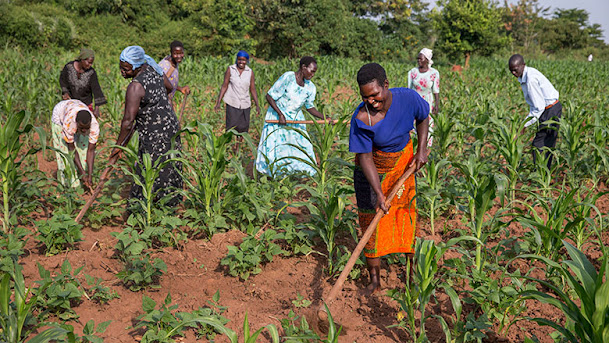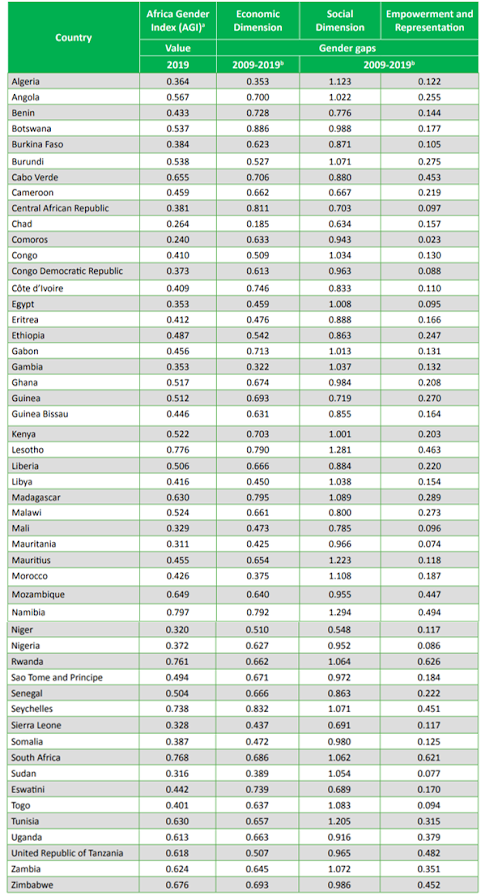Women and solar irrigation farming

It is hard to discuss water resources in Africa without mentioning the importance it has on sustaining agricultural practises in the region. This post will focus on solar irrigation technologies and how they can increase resistance of female farmers against climate change and increase their ability in completing domestic and agricultural tasks. Agricultural production and solar powered irrigation Agricultural production depends on the availability of two important productive resources; fertile land and water. Therefore, water plays an important role in contributing to food security. In Africa women account between 60-80% of the agricultural labour production ( Lopez 2016 ). This figure is increasing as men increasingly are leaving rural areas in pursuit of urban employment. Therefore, it is increasingly important to be engaging with women when addressing issues of water systems for irrigation. 95% of sub-Saharan agriculture depends on 'green water': moisture from rain...
